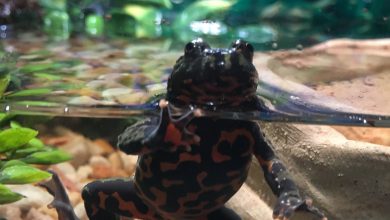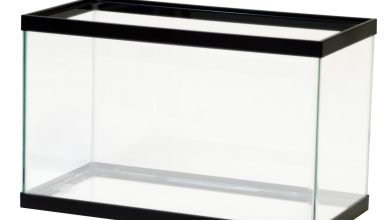â How Not to Be a Keeper When Your Kid Loses Interest in Their Exotic Pet – The Tye-Dyed Iguana

Most parents are familiar with the persistence of a child who wants a pet. They just wonât let the topic go. But maybe youâre not up for a pet yourself. And thatâs fine.
It just means that if you want to indulge your kidâs desire for an animal companion, you need to take some precautions to ensure you donât end up with your very own snake or tortoise (we think snakes and tortoises are pretty awesome, but no judgment).
Hereâs how to ensure that you donât become the keeper of an amphibian or reptile friend in your house.
Make sure theyâre ready before you get a pet
What age is the right age for a kid to get their own exotic pet? There isnât really a right age. It all depends on the kid. But if we have to narrow it down, it would be somewhere around middle school age for most kids.
At that age, they should be capable of feeding, watering, and housekeeping for some reptiles and amphibians.
The best way to check if your kid is ready is to find out all of the care instructions yourself for a particular pet. Make sure you know every detail of care and can assess whether your child can realistically perform all the tasks (unless you intend to help out).
Itâs important that you check that actual care instructions for the specific animal they intend to get because some herps (a.k.a., reptiles and amphibians) require more advanced caregiving than others.
With your child, go over all the responsibilities they will be in charge of, multiple times. Make sure they understand what the tasks entail and that they will be solely responsible for getting these things done on the appropriate schedule.
Choose the right exotic pet
As mentioned, different pets have different requirements. If this is your childâs first pet, or if theyâve only had mammals before, then you probably want to start with one of the easier herps.
Here are some species we suggest for beginner keepers:
- Tree frogs
- Leopard geckos
- Bearded dragons
- Ball pythons
You can bring your kid into our exotic pet shop or your local shop to check out these species.
Get them on a care schedule
Kids and pets both thrive on a schedule. The animal you bring into your home will do best if it gets fed on a regular schedule. And your child is far less likely to forget a task if itâs a regular part of their routine.
Many herps donât need to eat every day. But even if the pet you bring home doesnât need daily feeding, you should get your kid into the habit of checking its water dish and UV lamp (if needed) every day.
Hanging the schedule where it can easily be seen is a good idea. And with the tasks visible, you wonât have to bear the responsibility of reminding them each day.
Have a plan for if they arenât meeting the responsibilities
Kids need consequences. If your child stops taking care of their reptile or amphibian, then you should not pick up the slack for them. That shows them that their actions do not have consequences, and we all know thatâs not how things work when they grow up.
So you need to plan the appropriate consequence in advance. If the petâs health is at risk because your child is not feeding it and providing water or other necessary care, then itâs time to get rid of the pet. Please do so responsibly.
The best thing to do if an exotic pet can no longer stay with your family is to contact the shop you bought it from and ask them if they can take it back, or if they know of a local keeper that would be interested in the animal.
Never release exotic pets into the wild. And do not simply hand them over to another family unless you are certain they are prepared for the responsibility.
If you want to let your kid get to know more about reptiles and amphibians before jumping into herp ownership, sign them up for our Snake School at The Tye-Dyed Iguana.



